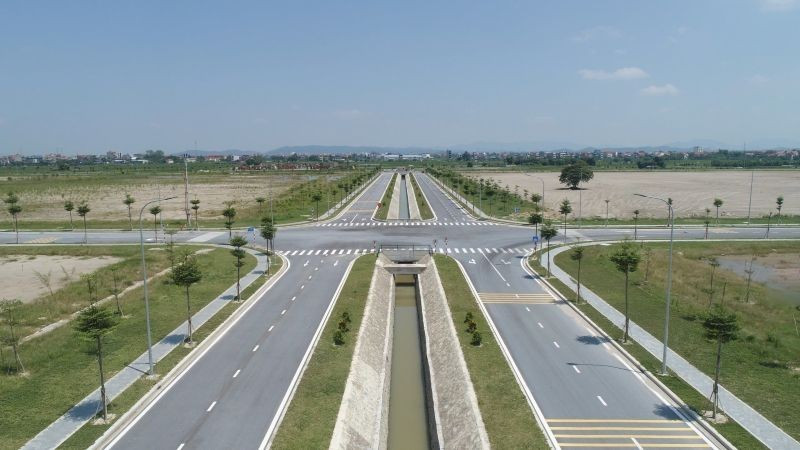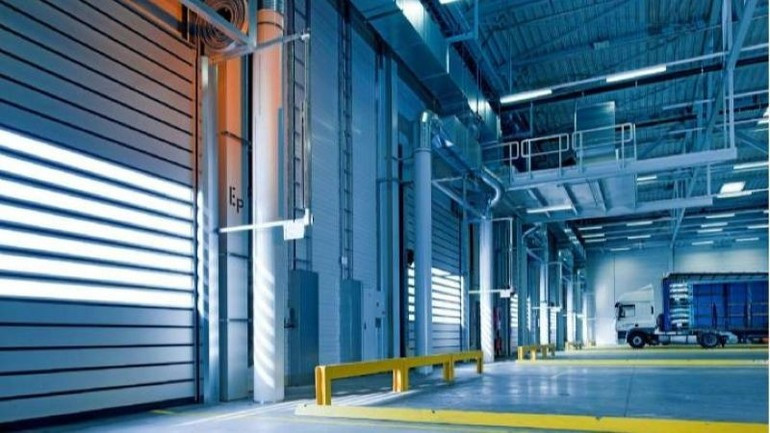New opportunities for Viet Nam in current real estate trends
In the context of a volatile global economy, Viet Nam has emerged as a relatively bright spot in the region thanks to its stable macroeconomic foundation, long-term growth potential, and consistent open-door policy.

More importantly, Viet Nam is in a period of extensive reform, especially finalising the legal framework and issuing guiding decrees, creating a transparent investment environment, aligned with international practices.
In the context of an increasingly polarised world, Viet Nam is considered by many multinational corporations as a strategic destination thanks to its neutral stance, political stability, and comprehensive partnerships with the US, China, Japan, and Europe. Thanks to this, Viet Nam is gradually becoming a new connection centre in the regional supply chain, leading to a strong increase in demand for industrial real estate, logistics, and housing for foreign experts.
Macro-financial factors also play an important role. Foreign investors are very sensitive to fluctuations in exchange rates and capital costs, which can erode profits when repatriating cash flows.
Domestic credit policies and operating interest rates also directly affect the ability to develop projects and purchasing power in the domestic market. Although Viet Nam has maintained better macroeconomic stability than many other emerging countries, in the context of global uncertainty, FDI capital flows require greater caution and clearer forecast signals.
Real estate is an industry that is easily affected by geopolitical risks. However, in times of difficulties, there are always hidden opportunities, requiring investors and businesses to be flexible and adapt quickly. For Viet Nam, challenges from the international environment are a test of the resilience of the economy, the effectiveness of legal reforms, and the capacity to implement policies.
It is forecast that in the second half of 2025, there will be three main drivers to promote foreign investment flows into Viet Nam’s real estate, namely: the completion of the legal framework, a proactive economic diplomacy strategy, and market trends towards emerging segments and flexible cooperation models.
In particular, new legal documents such as the 2024 Land Law, the 2023 Real Estate Business Law, and implementing decrees such as Decree No.96/2024/ND-CP, No.102/2024/ND-CP, and No.103/2024/ND-CP have significantly contributed to removing long-standing obstacles, creating a transparent and stable legal foundation for real estate investment activities.

These legal reforms are establishing a transparent, stable, and internationally compliant legal corridor, creating favourable conditions to attract foreign investment flows, especially in the high-end residential, urban, industrial, and resort real estate segments.
In addition, Viet Nam is expanding and upgrading its comprehensive strategic partnership with many countries, further strengthening the market’s appeal internationally.
Finally, the market is being led by emerging segments and flexible cooperation models. For example, the data centre segment is emerging strongly. Viet Nam is assessed to have the potential to become a regional data storage centre. Corporations such as Nvidia, Gaw Capital, Viettel IDC, and CMC Telecom are accelerating investment in this field.
In short, thanks to an increasingly improved legal foundation and proactive economic diplomacy strategy, Viet Nam is gradually affirming its position as an attractive destination for international real estate capital flows.








